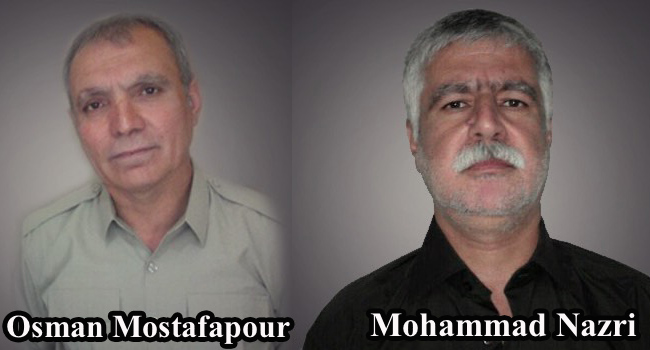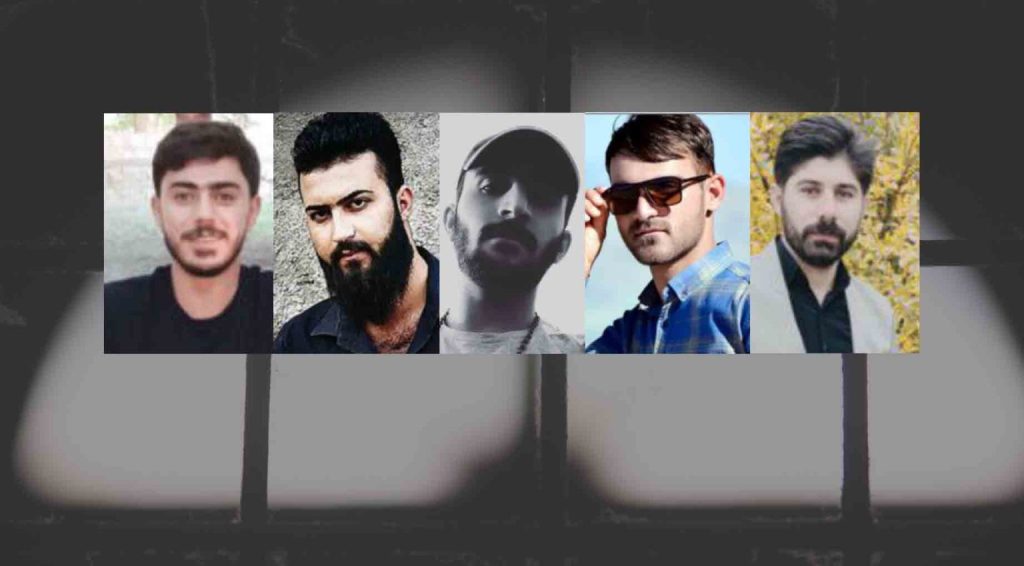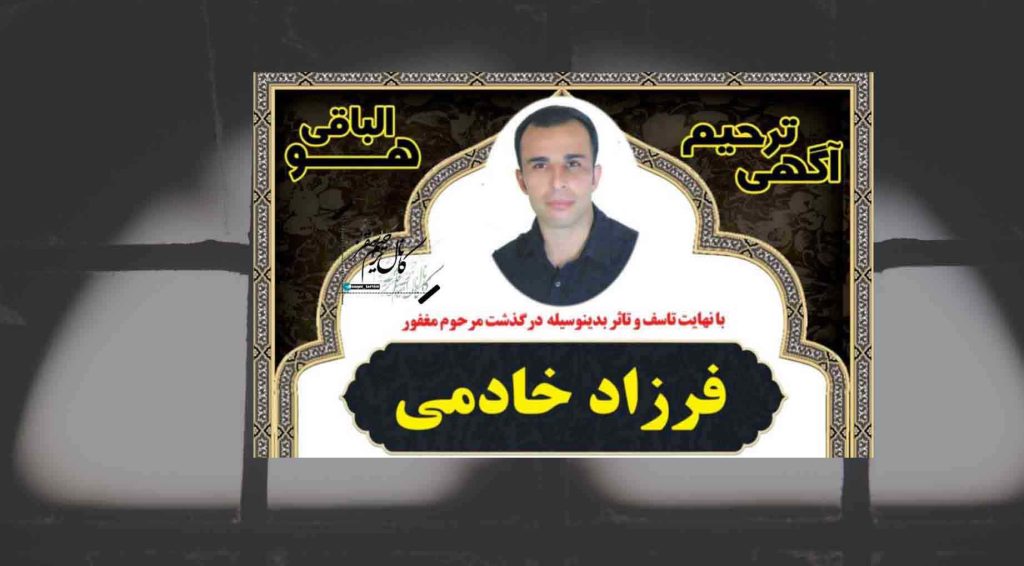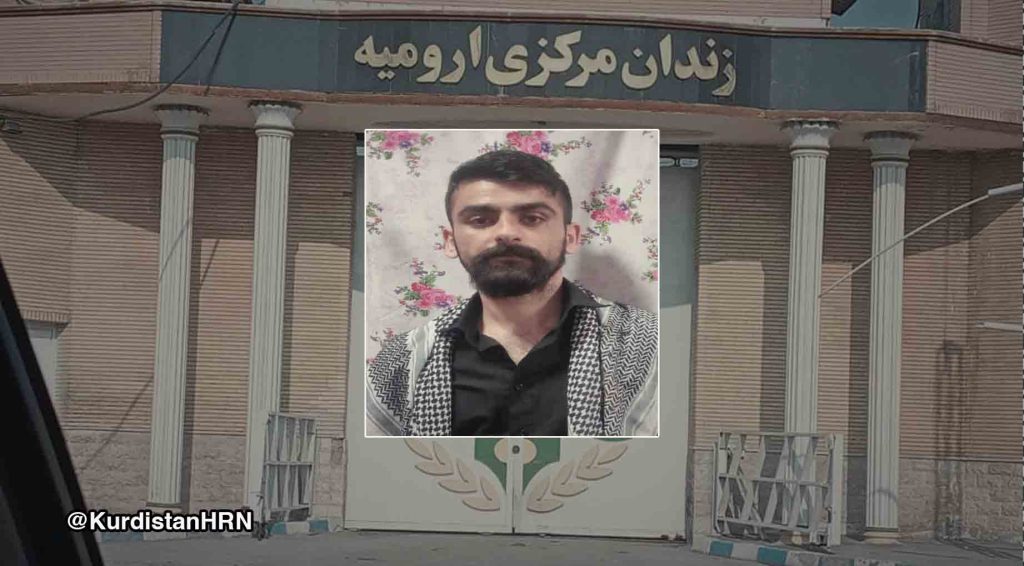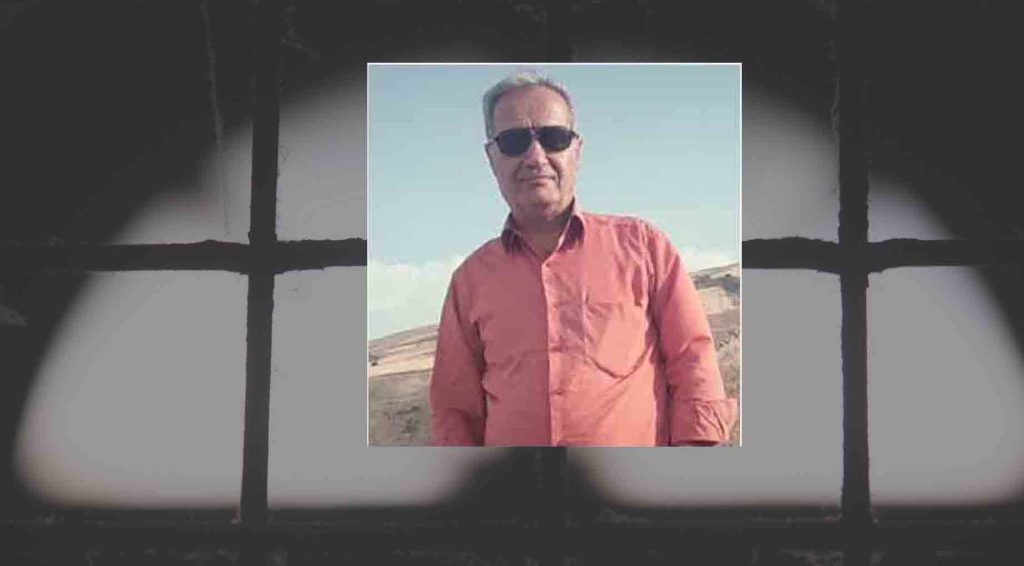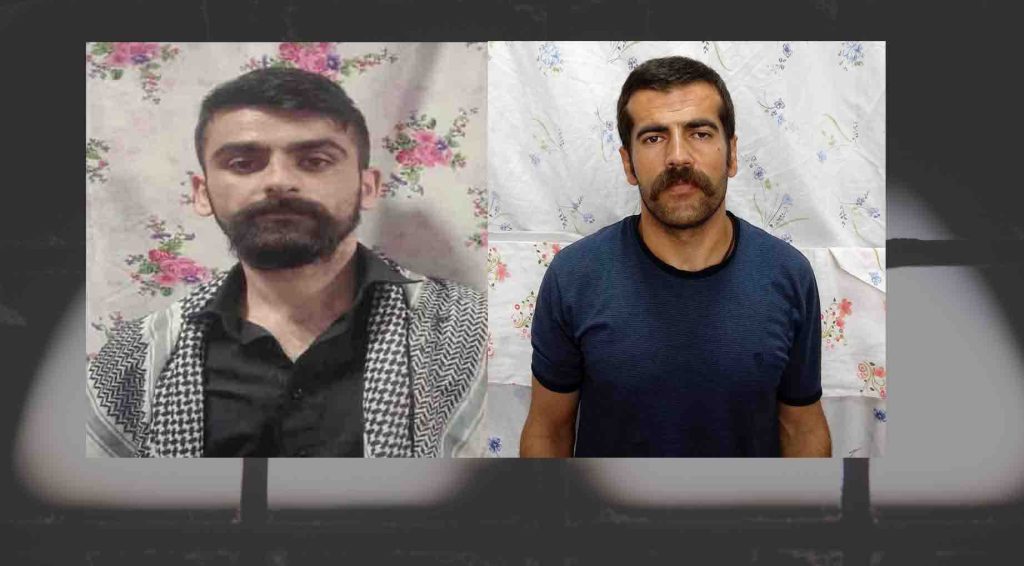Two of the longest-serving political prisoners in Iran held at Orumiyeh Central Prison were released after agreeing to a pardon.
The two political prisoners Osman Mostafapour and Mohammad Nazari spent 28 and 25 years at Tabriz, Orumiyeh and Rajaee Shahr prisons respectively.
Nazari and Mostafapour were detained in 1991 and 1994 respectively for allegedly being a member of the banned Democratic Party of Iranian Kurdistan (PDKI). They were sentenced to death, however, Mostafapour’s sentence was later reduced to 35 years in prison while Mohammad Nazari was sentenced to life imprisonment.
Both political prisoners have been deprived of the right to have furlough leave during their long imprisonment.
Mohammad Nazari was exiled in 2007 from Orumiyeh Central Prison to Raja’i Shahr prison in Karaj along with two other Kurdish political prisoners, Omar Faghihpour and Khaled Fereydooni. Mohammad Nazari’s death sentence was pardoned in Eid al-Adha in 2009 and reduced to life imprisonment. He was transferred to an unknown location from Raja’i Shahr prison in Karaj on January 17, 2017, under the pretext of being transferred to Orumiyeh Central Prison but he was later taken back to this prison.
Mohammad Nazari was on a hunger strike at Rajaee Shahr prison in Karaj for 99 days in protest to the “unfair imprisonment” and “failure to comply with Article 10 of the Rules of Procedure” on July 30 2017.
Nazari was unexpectedly taken to the Orumiyeh Central Prison on 15 November 2017, along with Omar Faghihpour and Khaled Fereidouni. He went on a hunger strike after his transfer to Orumiyeh Central Prison on 24 November in protest to the lack of medical care who ended his hunger strike three days later following the favourable promise of prison officials.
Osman Mostafapour was deported to Yazd Central Prison in 1993 following the execution of two of his companions. He was returned to Orumiyeh Central Prison in 1995, and his death sentence was reduced to 10 years of imprisonment. He was also sentenced to 25 years in prison for “membership in the Democratic Party of Kurdistan”.
He lost his mother, a sister and a brother during his 28 years in prison, but the prison officials, Orumiyeh prosecutor’s office and intelligence office denied him the right to attend the funeral of his loved ones.

